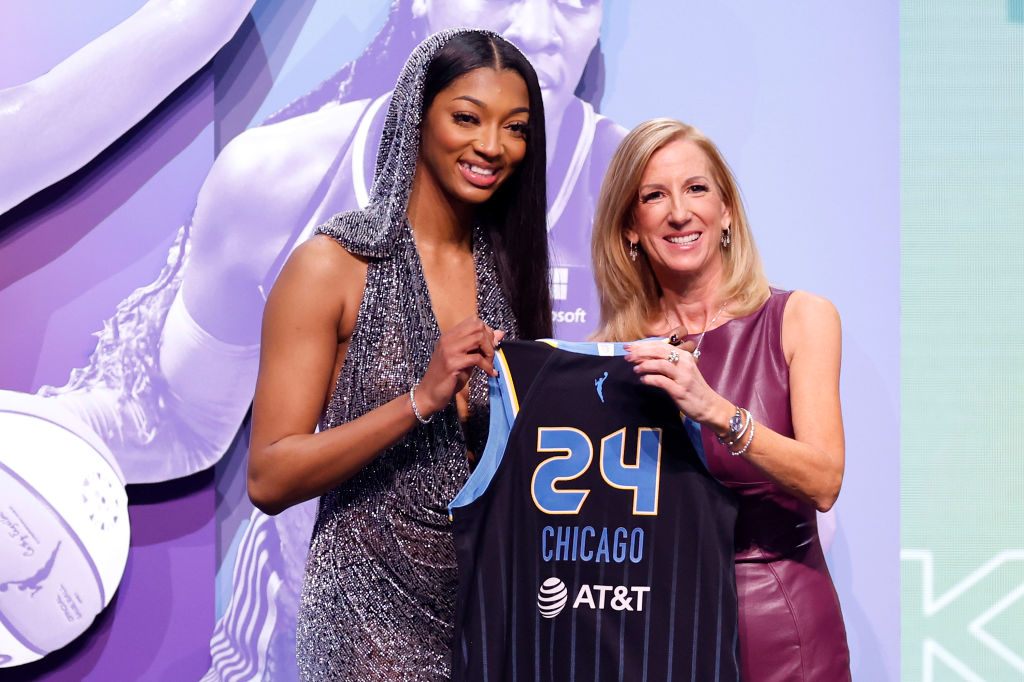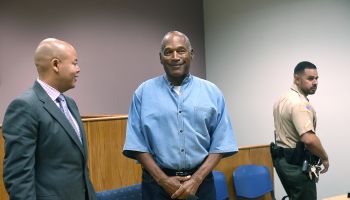According to NowPublic.com, when Buck Burnette, a back-up center for the University of Texas football team, realized that Barack Obama would win the 2008 election, he posted this update on his Facebook page:
“All the hunters gather up, we have a N$%&er in the White House.”
Although sport has been an arena where Black Americans have been successful in forcing some equal opportunity, there is still much work to be done to clear the field of hate. My forthcoming book, Ballers of the New School: Race and Sport in America (Third World Press), deals with racism, from the institutional prejudice that has gripped our country since its inception to flagrant violations like Burnette’s comment.
The troublesome thing is that Texas, a perennial football powerhouse, boasts a team full of Black players who are All-American or All-Conference athletes. Burnette travels, eats, and spends time among his many Black teammates. He witnesses first hand the humanity and excellence of his Black teammates, yet he felt compelled to post a racist comment on his Facebook page.
Acts like his remind us that we have to do more than simply occupy the same huddle if we hope to continue to progress as a country. Although symbolic, merely being on the same field is not enough.
Writing is a deliberate act. It is purposeful and usually heartfelt. So Burnette’s weak apology, posted before Facebook administrators took his page down, is unacceptable:
“Clearly, I have made a mistake and apologized for it and will pay for it. I received it as a text message from an acquaintance and immaturely put it up on facebook in the light of the election. I’m not racist and apologize for offending you. I grew up on a ranch in a small town where that was a real thing and I need to grow up. I sincerely am sorry for being ignorant in thinking that it would be ok to write that publicly and apologize to you in particular. I have to be more mature than to put the reputation of my team at stake and to spread that kind of hate, which I don’t even believe in. Once again, I sincerely apologize.”
What’s most troublesome about his “apology” is that he seems to be apologizing more for saying these things in public. Somehow it was conveyed to him that it is okay to say in “public” what is said and thought behind closed doors. He also mistakenly thinks that such thoughts are merely a result of immaturity and not something that has been taught and requires unteaching.
To his credit, Texas head coach Mack Brown immediately kicked Burnette off the team. But the initial report only stated that he was dismissed for an “unspecified violation of team rules.” The silence suggests that Brown and the University of Texas might be a bit more concerned with bad publicity than with Burnette’s bad ideology. If they really wanted to make a lasting statement about intolerance and garner positive publicity, perhaps they should have been less secretive about what team rules were violated.
Unfortunately when athletes, especially Black Americans, “violate team rules,” it is usually headline news that they got into a scuffle, domestic dispute, etc.
Buck Burnette is only a backup center, so it might have been easier to kick him off the Texas Longhorns team than to try to delve into a discussion of race in order to explain why one of their players was dismissed for a racist act.
This is debatable. Silence or avoidance of difficult racial conflicts must be doused with great display, anything less only allow these fires to fester and reignite later-even in sporting arenas.
Thabiti Lewis teaches English at Washington State University Vancouver. He is the author of the forthcoming book, Ballers of the New School (Third World Press, 2009).
















